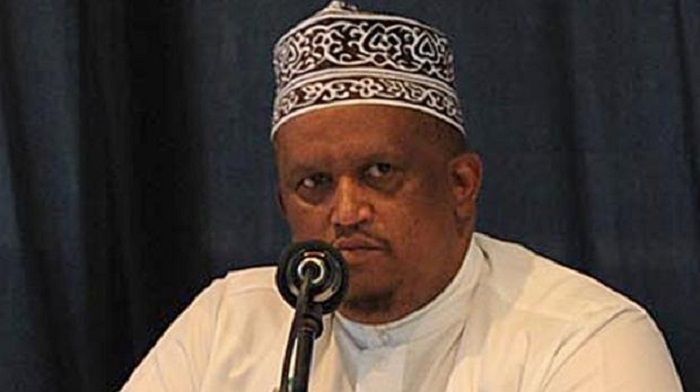Moulana Ihsaan Hendricks’ legacy has rested on his ability to break social stereotypes within the local community and in particular, the unspoken expectations of religious identity. Interesting insights into one of South Africa’s most celebrated scholars has started to unravel, following his untimely passing at the weekend. Hendricks’, the former president of the Muslim Judicial Council and director of the Al Quds Foundation, had suffered from multiple health setbacks over the years, but this did not deter him in his scholarly and activism ambitions.
While Moulana Ihsaan has been lauded as a visionary and a scholar par excellence, to his family, his father Hajji Muhammad Salie was instrumental in raising the man who stood firmly for social justice, becoming a global icon in the struggle for the liberation of the people of Palestine.
Speaking to VOC Breakfast Beat, Moulana Ihsaan’s brother, Omar Hendricks, explained that his experience as a resident of Worcester developed him into the individual who broke all expectations of what it means to be a Muslim.
As the first generation of Muslims in their family, Hendricks’ parents had to navigate uncharted waters, crossing the barriers of race, religion and culture.
“Coming from Cape Town, growing up in Cape Town and ending up in Worcester in the 1960’s, my father had to face a lot of challenges being a revert to Islam.
“Finding himself dealing with – and I don’t want to shy away from this – stereotypes that prevailed amongst our communities at that particular time,” Omar stated.
Despite having reverted to Islam, Hajji Salie greatly influenced Hendricks’ decision to pursue religious studies.
“At the early age when he indicated that he wanted to pursue the direction of becoming an ‘alim, my father supported him.
“My father always reminded us to do what is needed and to do what is necessary and make sure that you honor the haq of Allah.”
Omar further noted that the alim’s love and adoration for his mother, Ruwayda Hendricks, was viewed by those closest to the family as a profoundly unique connection between mother and son.
With his keen sense of acceptance and interfaith tolerance, Moulana Ihsaan’s sense of philanthropy is said to have been relayed to him by his maternal grandmother, who was of the Christian faith.
“My mother was an extremely hard worker and she was a nurse… [so] a great deal of time was spent with our grandmother. My grandmother being a Christian had to navigate herself through kids who are Muslim.”
“Moulana always used tell people: ‘If you want to know about interfaith, I was the living example of interfaith.”
Omar said that as the oldest son, Moulana’s politics was greatly influenced by his father’s friend and distant relative, the late John ‘Hennie’ Ferus.
Considered one of the first coloured anti-apartheid activists, Ferus regularly visited Moulana’s home, where political discussion and engagement was a constant.
“Moulana being the eldest son was never excluded [from discussions], because he showed maturity, engaging uncle Henni at a young age, asking the right questions and being mentored by people like that.
“It sparked an interest in moulana about social justice… That’s the cornerstone of where moulana’s political consciousness stemmed from,” he continued.
Omar said that as a first generation Muslim in a community with religious and cultural stereotypes, which forced him to reflect on his own identity, Hendricks’ engagement on sociopolitical issues developed within him the need to challenge the norms of the time.
Listen to the full interview here:
VOC 91.3fm






 WhatsApp us
WhatsApp us 

